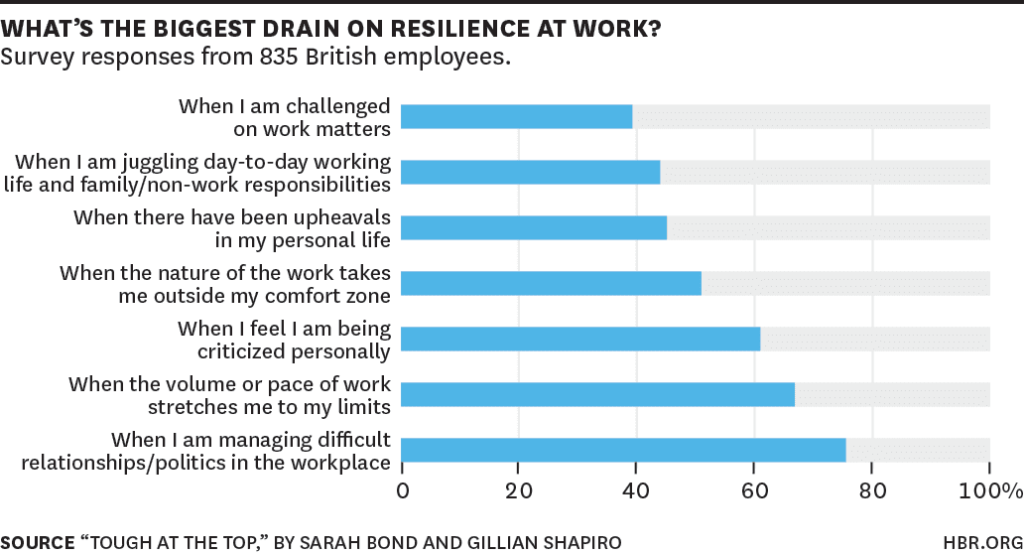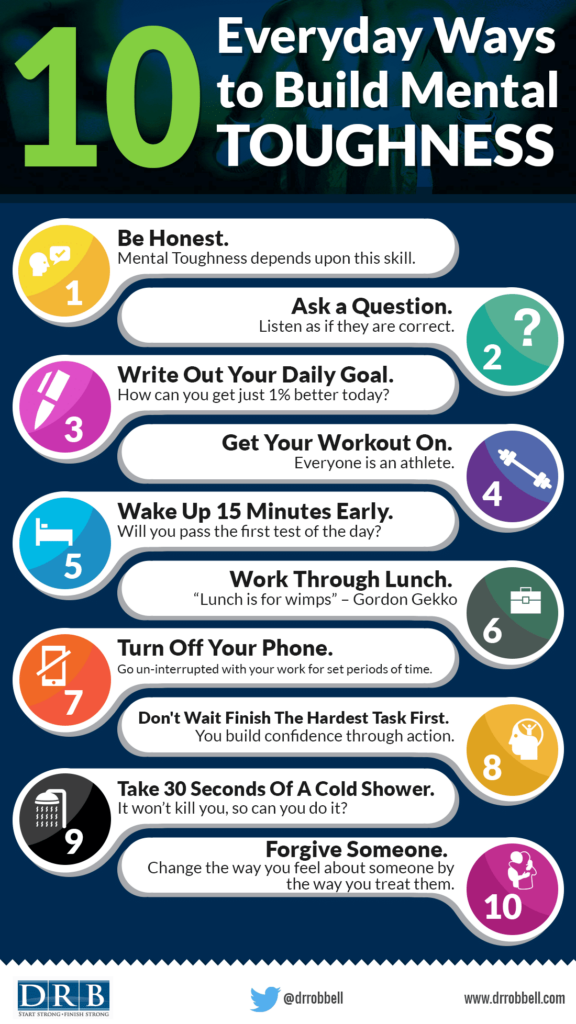Leadership has always required strength, but in times of uncertainty, it demands resilience. Relentless changes, unpredictable challenges, and growing team expectations have made leading with clarity and confidence more difficult.
A staggering 77% of executives experienced burnout in their workplace, with many struggling to stay focused and energize their teams. The solution? Resilience.
Resilience is the ability to stay grounded and mentally strong through setbacks. This skill helps you manage pressure, make sound decisions, and support your team, even when circumstances are unclear.
This article will help you understand why resilience in leadership is essential and how you can develop mental toughness to lead with calm, clarity, and confidence in uncertain times.
 Image Source: Get Lighthouse
Image Source: Get Lighthouse
What Resilience in Leadership Means
Resilience in leadership means staying committed when faced with challenges. It’s not about ignoring problems or hiding emotions; you must manage them thoughtfully and lead intentionally, even in difficult times.
A resilient leader doesn’t react with panic or pressure. Instead, they pause, assess, and respond with clarity. They stay focused on what matters, without losing sight of their people or purpose.
Moreover, resilience isn’t personal; it’s contagious. Resilient leaders help others stay strong, too. Their steady presence builds trust, encourages hope, and keeps the team grounded when uncertainty prevails.

Why Mental Toughness is Essential for Leaders
Leadership comes with constant challenges such as rapid change, economic uncertainty, and growing work burnout. In such an environment, mental toughness is essential to sustain performance and your team’s well-being.
Resilient leaders think clearly under pressure. They don’t react impulsively; they pause, assess, and make thoughtful decisions, even in high-stress situations. This ability to stay composed helps them lead confidently, building trust across the team.
When leaders remain steady, teams feel more secure. People take cues from their leader’s mindset. If the leader is calm and focused, the team members stay motivated and resilient, even when things get tough.
Mental toughness sets a tone of persistence, clarity, and emotional balance. In times of uncertainty, that mindset can be the anchor that keeps the organization steady.
Key Traits of Resilient Leaders
Curious what makes a leader resilient? Here are five essential traits to help you persevere under pressure.
-
Self-Awareness
Resilient leaders know themselves well. They can recognize when they feel overwhelmed, frustrated, or off track. This self-awareness helps them pause, reflect, and respond calmly instead of reacting in the heat of the moment. They understand their limits and know when to reset.
-
Adaptability
Resilient leaders adjust quickly when plans change (and they often do). They don’t freeze or complain. They assess the new situation, find what can be done, and move forward. Their ability to pivot without losing direction keeps teams grounded and focused.
-
Empathy
Resilient leaders don’t only focus on goals; they pay close attention to the people around them. They listen when someone is struggling and acknowledge how others feel. This doesn’t mean you must lower your standards; just show humanity. Teams trust and support leaders who care.
-
Optimism
In difficult moments, resilient leaders neither sugarcoat the truth nor give in to negativity. They maintain a hopeful mindset, believe that progress is possible, and keep their teams motivated and engaged.
-
Accountability
When things go wrong, resilient leaders don’t blame others. They take responsibility, learn from the experience, and lead by example. Their honesty builds credibility.
How to Build Mental Toughness as a Leader
In uncertain times, people look to you for answers, but for steadiness, strength, and direction. That presence comes from mental toughness and can be developed with intention and practice.
Here are five practical strategies to help you build mental toughness.
- Develop a Morning Routine: A consistent morning routine creates a sense of order, helping you start the day with clarity and focus. Add simple habits such as stretching or reviewing your goals to your routine, giving you stability. The stable mindset sharpens your ability to lead with confidence.
- Practice Pausing: As a leader, you occasionally face pressure and frustration. Pausing for a few seconds creates space between the situation and your response. In that space, you gain perspective, choose your words more carefully, and avoid reacting out of emotion. Over time, this habit helps you remain calm and composed in high-stress situations.
- Build a Support System: Surround yourself with people you trust; they can be mentors, peers, advisors, or friends. These individuals can offer support, constructive feedback, encouragement, and perspective when needed.
- Reflect, Don’t Ruminate: Every leader experiences setbacks. What sets resilient leaders apart is how they respond to them. Instead of repeating mistakes over and over, take time to reflect: What did I learn? What will I do differently next time?
- Focus on What You Can Control: In uncertain times, there will always be something outside your influence. Rather than becoming overwhelmed, direct your attention to what you can control – your actions, mindset, attitude, and choices.

Final Thoughts
Resilience is built through choices, challenges, and consistent action. And as a leader, how you respond in tough times shapes how your team reacts too.
When you lead with mental toughness, you create stability in uncertain times. Your calm becomes your team’s confidence. Your ability to adapt helps others do the same. You create a team that bounces back and keeps moving – no matter what comes their way.
Olivia Poarch is a guest contributor to the Leadership Circle blog.
About the Author: Olivia Poarch is a seasoned freelance content writer and SaaS marketer based in Fort Cobb. With a strong background in link building and digital strategy, she specializes in helping businesses enhance their online visibility and achieve measurable growth. As a self-employed professional, Olivia has cultivated a reputation for delivering high-impact content that aligns with SEO best practices and supports scalable marketing efforts.






Great information shared.. really enjoyed reading this post thank you author for sharing this post .. appreciated
Great information shared.. really enjoyed reading this post thank you author for sharing this post .. appreciated